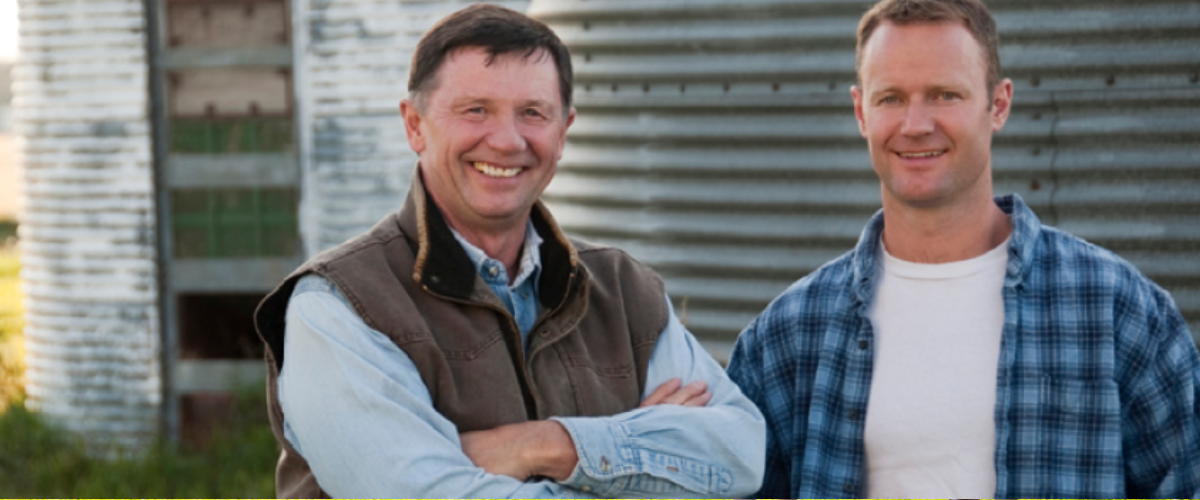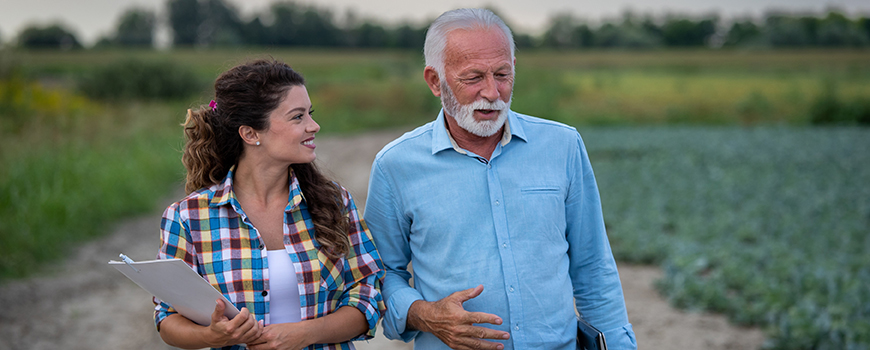
That’s why Northwest Bank has put together three tips to help farmers have a more strategic financial plan.
It is important to carefully examine every capital purchase that will require additional debt. Whether you are taking out a farm equipment loan or purchasing a new livestock building, the best place to start is by asking yourself if the expenditure will generate the cash flow needed to pay for itself.
Start by looking at what the financial impact will be of the item you want to purchase. Then take a global perspective and look at how the purchase would impact the overall debt and cashflow of the business.
Taking an individual and a global view is important, because even if you can make the capital purchase, that doesn’t mean your business as a whole will have the cash flow it needs. If the hog building you want to purchase will make money, but the rest of the business operations are losing money, you won’t receive the overall cash flow you need.
If the new item can’t create enough new cash flow to pay for itself over a reasonable period of time or it doesn’t support the overall financial well-being of your business, defer the purchase.

Without a budget, you’ll be financially lost. Your budget is your financial road map and helps guide every purchase you make.
When creating a budget make sure it is realistic and the numbers are based on past performance. To create a budget that serves as a financial roadmap, it’s important to be as objective as possible. Don’t be overly optimistic with your income and super conservative with the expenses.
When creating a budget, it is important to encompass everything from crop yields to production expenses such as fertilizer, fuel, insurance and rent. If you are in the livestock business, it is important to include the anticipated costs for purchasing animals, caring for them and what the estimated livestock prices will be when you go to market.
Once your budget is created, don’t let it collect dust on the shelf. Make the time to review and update your budget. How often you will want to update your budget depends on the complexity of your operation. If you are a cash grains farmer, you can review and update your budget once or twice a year to avoid year-round fluctuations. If you are purchasing livestock, you will need to regularly monitor the profitability of the animals, as well as your overall budget to make sure your projections are on track

Are you getting the maximum return from your investments? If not, why? Are your non-farm assets generating a maximum return? If not, can any be sold?
When analyzing your farm’s financial position, never be afraid of the answer to your questions. If you are not seeing the maximum return on your investments, it’s better to know sooner rather than later if the next few months are going to be tight and changes need to be made.
You can avoid being surprised when a financial problem or emergency arises by taking a team approach. Create a personal “board of directors” of people you know and respect — including your banker — who can be your sounding board. It is a lot easier to create positive outcomes and avoid serious financial problems when you work with your banker to determine changes that can be made.
Ready to take a more strategic approach to your business’ finances? Contact one of our business bank representatives today to learn more about how Northwest Bank can help support your business.
Experience the Northwest Bank difference--the better banking experience. Contact us today and let's build a brighter financial future together!
Mon - Fri: 7:00 AM - 7:00 PM CST
Sat: 8:00 AM - 12:00 PM CST
General Support: 800-678-4105